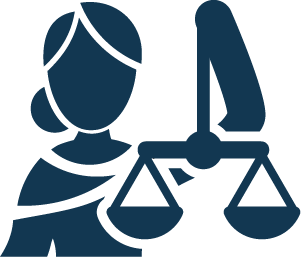Technology used to detect the online sexual abuse of children must respect human rights and the rule of law, says a new report for the Council of Europe. “There has been a sharp rise in the exchange of online child abuse material during the Covid-19 pandemic,” said Council of Europe Secretary General Marija Pejčinović Burić.
“This has a devastating and lasting impact on the children involved, firstly through the abuse itself and then through the continued circulation of images online.” “It is vital to protect child victims, to investigate these horrendous crimes and to stop the circulation of this material. And this must be done in a manner which is fully human rights-compliant – and above all, respect the children’s right to privacy,” she continued.
The report has been prepared by a group of experts, led by former European Court of Human Rights President Linos-Alexandre Sicilianos, for the Lanzarote Committee of the Parties to the Council of Europe Convention on Protection of Children against Sexual Exploitation and Sexual Abuse. Drawing on a wide range of Council of Europe standards, it aims to help policymakers develop a comprehensive and balanced approach to the use of automated technologies to detect child sexual abuse material.
The report contains a series of recommendations and calls for the establishment of a “public interest-based framework”, based on the Lanzarote Convention and other Council of Europe conventions, enabling service providers to automatically detect, remove and report relevant content in line with data protection and privacy safeguards.



